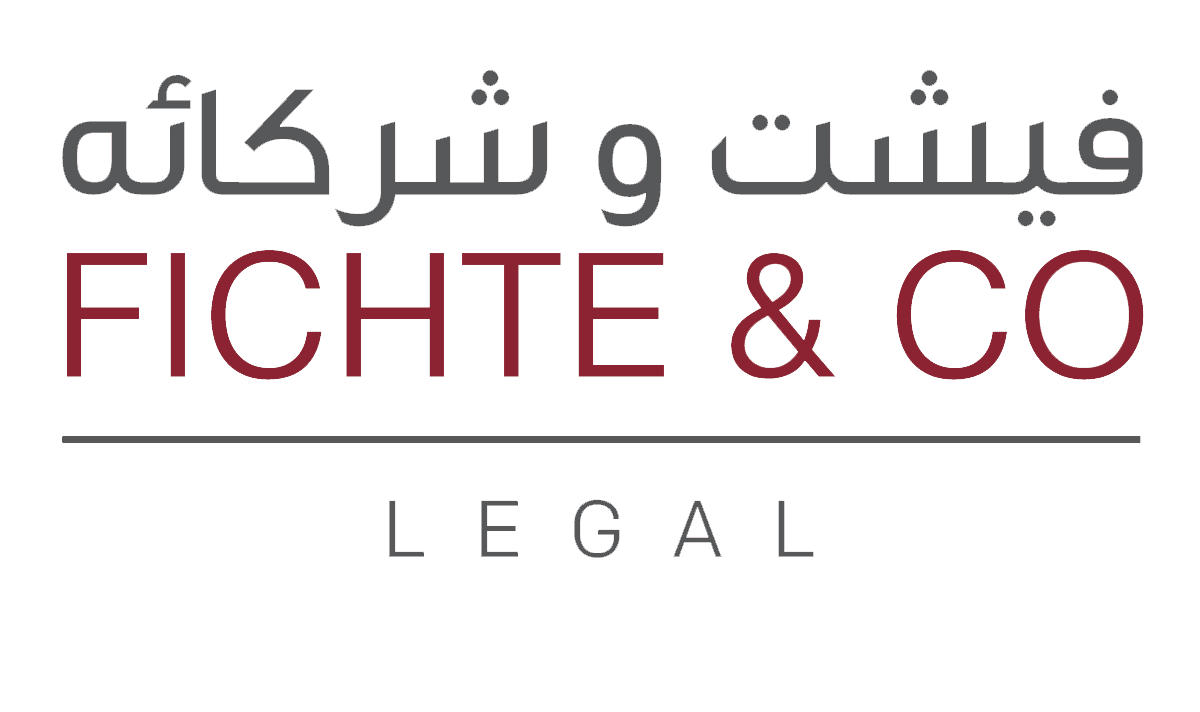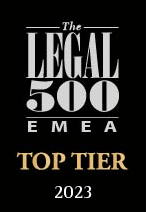On 10 June 2017, Robert Bosch Middle East (“Bosch”) was the first company in the region to be awarded an anti-bribery certification by Tasneef-Rina Business Assurance. The standard implements best practices when it comes to fighting bribery and corruption, and contributes to the UAE’s goals of achieving transparency and creating a healthy business environment. As Tasneef has undertaken to shine light to an area many companies are directly or indirectly suffering from and we want to use Tasneef’s initiative to bring transparency to this topic.
Status of Corruption Worldwide and in the UAE
There is no doubt that corruption is a worldwide phenomenon. Corruption in the public sector alone reportedly absorbs USD 1.5 to 2 trillion annually from the global economy. Statistics show that the median losses caused to companies in the Middle East and North Africa (MENA) region as result of corruption is about USD 500,000.
The true extent of the effects of corruption is difficult to measure as by its very nature, corruption is a clandestine occurrence. An attempt to measure corruption is undertaken by Transparency International through their Corruption Perception Index or the non-profit organisation Trace International which publishes bi-annual rankings of countries and their associated business bribery risk. Out of 176 countries listed in the Corruption Perception Index in 2016 (whereby the ‘cleanest’ country, ranked No. 1, is Denmark and the most corrupted one is Somalia on place 176), the UAE is ranked on (a shared) 24th place, ahead of the other countries in the MENA region and even beating some western European countries such as Spain or Italy. The 2016 Trace Matrix ranks the UAE 30th of 199 countries examined, between Poland (29) and Belgium (31), also beating the other countries in the region.
Anti-Corruption Laws in the UAE
In its effort to combat corruption, the UAE have not only joined the United Nations Convention on Corruption (by way of Federal Decree 8 of 2006), but have also enshrined anti-bribery provisions in domestic laws. Provisions dealing with bribery in particular and with corruption in a wider sense can be found in the UAE Penal Code (Federal Law 3 of 1987, the “Penal Code”), the Dubai Penal Code (Dubai Law 1 of 1970, the contents of which have, however, largely been replaced by the Penal Code), and the Federal Human Resources Law (Federal Decree-Law No 11 of 2008), to name a few.
The core provisions are found in Articles 234 to 239 of the UAE Penal Code. Article 234 penalises public servants and employees of international organisations from requesting or accepting benefits to commit or omit an act that they would otherwise not commit or omit. Likewise, Article 237 sanctions persons who promise public servants a benefit in order for that servant to do or omit his duties. It goes without saying that a request of, or promise by the public servant to abuse their power are likewise punishable (Article 237 (bis)).
The ISO Standard
The ISO 37001:2016 “Anti-bribery Management Systems” standard is intended to help organisations in their fight against corruption by providing a framework to implement an anti-corruption program. It targets direct and indirect bribery by, within, and of the organisation with the aim of creating an ethos of integrity and transparency. To be awarded the standard, organisations are required comply with numerous requirements, including the implementation of a documented anti-bribery policy and anti-bribery procedures including; the appointment of a person charged with the supervision of compliance, training and risk assessment, as well as continuous monitoring of the policy with periodic internal auditing.
As the first accredited certification body of its kind in the Region, Tasneef is at the forefront of fighting corruption in the UAE. Its CEO, Rashid AlHebsi stated:
“We are looking to be one of the world’s leaders in promoting anti-bribery, anti-corruption, transparency and efficiency in corporate management.”
How an anti-bribery certificate can benefit your business?
While the UAE’s actions to combat corruption can be considered exemplary and amongst the most advanced in the world, the statistics also show that there is still room for improvement. In this respect, Bosch is to be lauded for the efforts to lead by example and raise the bar for corporate best practice in the region when it comes to fighting corruption. It should be hoped that other companies and organisations follow suit. We believe that an ISO 37001 certificate can help to instil trust in international clients and is thus capable of providing an edge over competition as it provides guidance for a management system designed to help an organization to prevent, detect and respond to bribery and comply with anti-bribery laws and voluntary commitments applicable to its activities.
We therefore, invite companies to contact Fichte & Co for consultation and advice on how an anti-bribery certificate can benefit their business. Contact us on +971 44 357 577
Click here to download the article.
Credit attributed to Marasi News, June-July 2017 edition.




